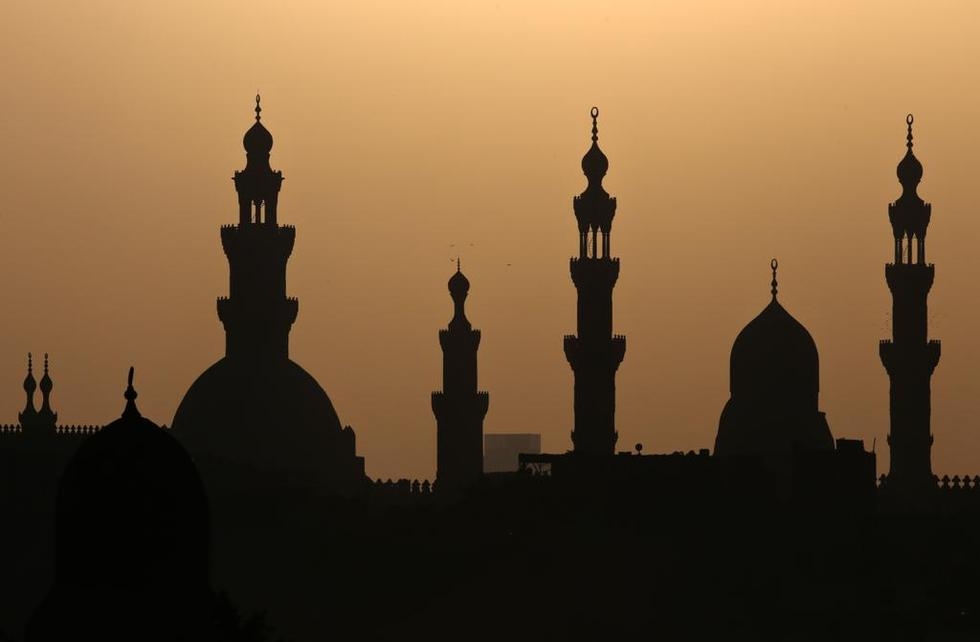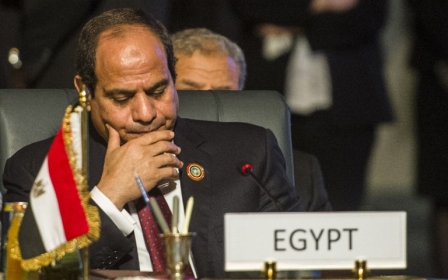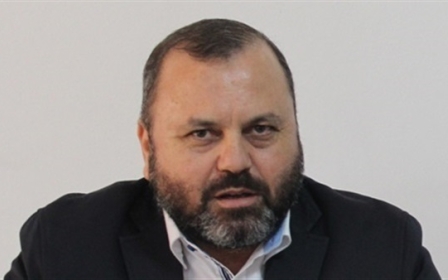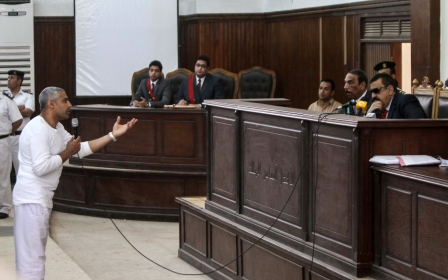Egypt to restrict activity of mosques during Ramadan

Egyptian authorities have imposed strict regulations on mosques throughout the country in the run-up to the Islamic holy month of Ramadan, with increased government supervision of clerics.
Egypt’s Ministry of Awqaf, the government institution that controls mosques and religious donations across the country, announced this week that it will severely restrict the number of mosques that are permitted to host special extra prayers and services in Ramadan.
During the month of Ramadan, many Muslims observe a fast from dawn to sunset.
Many extra services and prayers are also held during the celebration – night-time prayers known as tarawih are observed throughout the month, while the last 10 days see the practice of “seclusion,” when some people stay overnight inside the mosque.
The Awqaf Ministry has said it will severely restrict the number of mosques that are permitted to host tarawih and seclusion events, saying that places of worship must be “suitable from a health and safety point of view”.
Greater Cairo, with a population of over 17 million, will have 247 mosques that are permitted to host seclusion, while 196 will be used for night-time recitations of the Qur’an.
In the coastal city of Alexandria, the second largest in Egypt and home to some 4.5 million people, there will be just 19 mosques available for night-time prayers.
According to a ministry statement issued on Tuesday, seclusion may only be carried out under the supervision of imams from the Awqaf Ministry or preachers from the al-Azhar Mosque, the country’s most prestigious centre of Sunni Islam.
Ministry sources who spoke to al-Sharq al-Awsat newspaper indicated that the move, the first of its kind, could be directed at cracking down further on supporters of the banned Muslim Brotherhood.
“The ministry has imposed restrictions to prevent any members of the Muslim Brotherhood or extremist organisations from entering mosques or holding meetings,” a ministry source told the Saudi-owned daily on Saturday. It would appear the source was referring to only those mosques run by the Awqaf Ministry.
“Sheikhs from al-Nour Party will also be prevented from entering,” the source said, referring to a Salafi political party which is known to employ preachers who do not have accreditation from al-Azhar.
Al-Azhar is a state-funded body that boasts a famed mosque and a well-respected university.
Though the institution is technically politically non-aligned, al-Azhar’s Grand Imam met with President Abdel Fattah al-Sisi late last month, pledging to reform the university’s curriculum in order to “straighten out religious rhetoric and eliminate misconceptions in the fight against terrorism”.
Earlier this year, clerics from al-Azhar marched alongside the Minister of Awqaf bearing banners reading “the army, the police and the clerics are one hand”.
The Egyptian government under the leadership of Sisi, who has been in office just over a year, has been pursuing a bloody crackdown against opposition forces, most notably the Muslim Brotherhood, which is now listed as a terrorist organisation after being overthrown by the military in 2013.
The government has often attempted to bring the country’s thousands of mosques under tighter regulation, with Egyptian media frequently discussing the problem of religious leaders “broadcasting poison”.
Last year, the Ministry of Awqaf took direct control of several mosques operated by the Muslim Brotherhood, replacing the preachers there with clerics from al-Azhar.
In February of this year, authorities closed down 27,000 places of Islamic worship across the country, saying that any institution with an area of less than 80 square metres would no longer be allowed to operate.
The decision had a particular impact on neighbourhood places of worship and those in remote rural areas, which were often small and unregulated.
New MEE newsletter: Jerusalem Dispatch
Sign up to get the latest insights and analysis on Israel-Palestine, alongside Turkey Unpacked and other MEE newsletters
Middle East Eye delivers independent and unrivalled coverage and analysis of the Middle East, North Africa and beyond. To learn more about republishing this content and the associated fees, please fill out this form. More about MEE can be found here.




